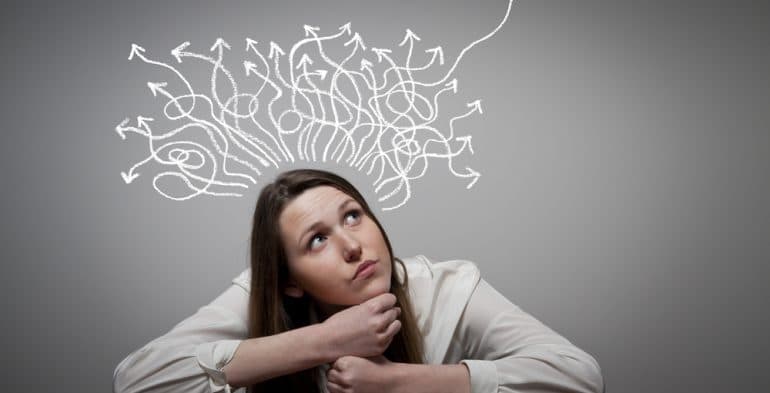
Emotions During Pregnancy
Raging hormones, combined with clumsiness and other draining symptoms of pregnancy such as morning sickness and the frequent need to visit the ladies room; in addition, with the anticipation, excitement and joy (and stress) of bringing new life into the world is just a recipe for nine months of sporadic mood swings. Emotional instability is what pregnancy is all about, with ongoing hormonal changes making you feel like you have pre-menstrual tension fir the majority of the nine months. The spectrum of emotions is as large as any, and increasing levels of hormones boost the intensity of each emotion felt at times.
Anger in pregnancy
Hormonal changes combined with emotional insecurities can come out as anger, often taken out of friends, colleagues, family or just whoever is unlucky enough to cross your path at that time! You may feel resentment towards some as a result of your hormones making you less tolerant. During pregnancy and labor, some women respond to physical pain with aggression
Fear in pregnancy
Fear is the most commonly felt emotion that expecting mothers endure. Fear of parenthood, childbirth and fear for the baby’s health. Fear is surrounded by thoughts of something going wrong with the baby, such as miscarriage, birth defects, disability and just the general health of your unborn child, that many mothers will already begin to feel fiercely protective over
Sadness in pregnancy
Your emotional instability as a result of the hormones washing over your body in tsunami waves, can leave you vulnerable to getting emotional about small things, and making them seem out of proportion. If plans change due to inconvenient or unfortunate consequences such as illness, it might feel like the end of the world. Try to make yourself less vulnerable to sadness by considering multiple scenarios and having a plan B to fall back on so you are less easily disappointed. Hormones will make you oversensitive at times as well, you may find yourself taking things personally, a lot. If your sadness does not ebb, and is continuous, you may have antenatal or post-natal depression.
Love during pregnancy
Oxytocin is considered to be the hormone of love, and is released during contractions whilst giving birth. It is this hormone that is responsible for the overwhelming rush of love and affection you will feel for your newborn. Birth complications and painkilling drugs may delay the release of oxytocin, but it will come into effect shortly after labor.
Joy of pregnancy
Amidst all the fear, anger, love and sadness there is joy. That little flicker of joy inside you at the knowledge that you have a little life nurturing inside you, that you will bring into the world and love and care for unconditionally for the rest of both of your lives.









